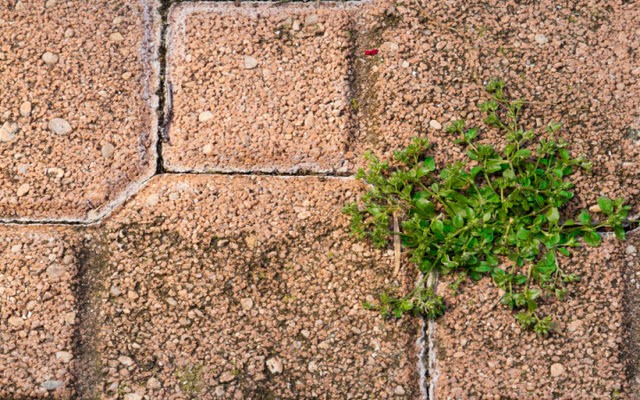Quck answer
Weeds are unwanted plants that grow in gardens, lawns, and agricultural fields. They compete with cultivated plants for nutrients, sunlight, and space, often causing damage to crops and reducing their yield. Weeds can spread quickly and are difficult to control. They can be classified into different types, such as grassy weeds, broadleaf weeds, and woody weeds. Weeds can be managed through various methods, including manual removal, mulching, herbicides, and crop rotation. It is important to control weeds to maintain the health and productivity of gardens and agricultural fields.

In the month of April, showers bring forth not only May flowers, but also a common nuisance known as weeds. Despite their resemblance to other plants, gardeners are able to distinguish weeds from desired plants. The definition of a weed varies among gardeners, with some considering them as unintentionally sown plants, while others view them as unwanted growth. Poet Ralph Waldo Emerson even referred to weeds as plants with hidden virtues.
Essentially, weeds are defined by their relationship with humans rather than their inherent characteristics. They disrupt the plans of gardeners by competing with desired plants for essential resources like light, water, and nutrients. What may be considered a weed to one person could be a cherished plant to another, depending on their gardening goals.
Despite the subjective nature of weed classification, there are certain plants that are commonly regarded as weeds due to their shared characteristics. Weeds typically produce abundant seeds that can survive dormancy for extended periods and quickly establish themselves while spreading rapidly.
These traits contribute to the frustration experienced by gardeners. Weeds have a tendency to reappear incessantly, even after diligent removal. To combat this, gardeners resort to various methods, including the use of herbicides.
With over 250,000 plant species worldwide, approximately 8,000, or about 3%, are commonly identified as weeds. Although weeds can have detrimental effects on crop yields and incur significant costs for farmers, they can also offer certain advantages. Some weeds help prevent soil erosion and provide food and habitat for wildlife and insects. Additionally, certain weeds act as natural pesticides by repelling harmful insects and providing nectar for bees. When weeds decompose, they enrich the soil with organic matter.
Humans actively seek out certain types of plants that are considered weeds. These weeds can be consumed as food and can also be used to enhance the flavor of other dishes. Additionally, many weeds contain natural substances that have medicinal properties. Moreover, the presence of weeds in agricultural fields and the need to control them has created job opportunities in the agriculture and herbicide industries.
Give it a Try
We hope you enjoyed expanding your knowledge about weeds today! Take the opportunity to engage in the following activities with a friend or family member:
- Are you able to differentiate between plants and weeds? It’s important to identify whether a plant is a weed or intentionally planted before removing it. To aid in Weed Identification, search online and view images of commonly encountered weeds. Share your findings with a friend or family member.
- As today’s Wonder of the Day revealed, not all weeds are harmful. To learn more about Beneficial Weeds, conduct online research to discover the various advantages and uses of different helpful weeds. Are any of these weeds found in your area? Determine this by exploring your backyard for weeds. You never know what you might come across!
- Would you like to do something kind for your parents or a neighbor? Put on some gloves and start pulling weeds! Take a look around outside, and you’re bound to find some landscaping that requires attention. Identify and remove the weeds that need to be pulled, and then perform a good deed by assisting your parents or a neighbor in tidying up the yard. They will appreciate your help, and you’ll have the opportunity to share what you’ve learned about weeds from today’s Wonder of the Day!





Leave a Reply